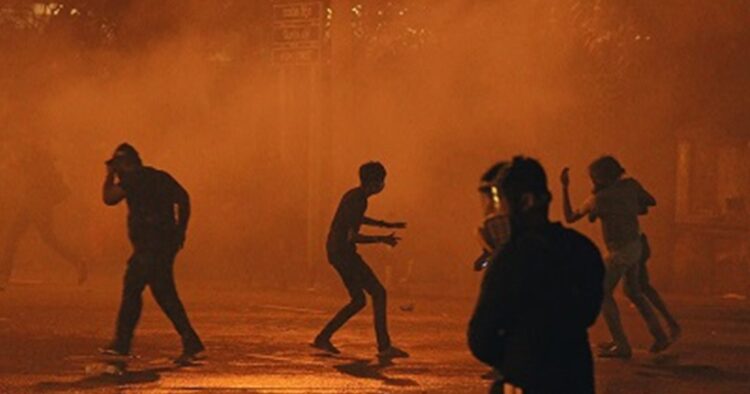Deep economic anxieties are causing political turmoil and violence across both poor and rich countries worldwide. In Kenya, protests over proposed tax increases led to dozens of deaths and a partially scorched parliament.
Bolivia faced a failed coup attempt due to gas shortages and economic mismanagement, while France saw a surge in far-right support amid farmer protests over low wages and rising costs.
A common thread across these disruptions is rising inequality, diminished purchasing power, and growing anxiety about the future. Citizens worldwide, facing grim economic outlooks, are losing faith in their governments’ ability to cope, leading to strikes and protests.
Economic fears have sparked protests in high-income countries like Poland and Belgium and debt-stricken nations such as Argentina, Pakistan, Tunisia, Angola, and Sri Lanka. For instance, Sri Lanka’s president warned of potential unrest similar to Kenya’s if economic stability isn’t restored.
Central banks’ efforts to curb inflation by raising interest rates have further squeezed businesses and families. Prices remain high, with essentials like bread, eggs, and cooking oil costing significantly more than a few years ago.
Economists and analysts point to a chain of events triggered by the COVID-19 pandemic, supply chain disruptions, and Russia’s invasion of Ukraine, which have collectively worsened the global economic crisis and fueled widespread civil unrest.

















Comments